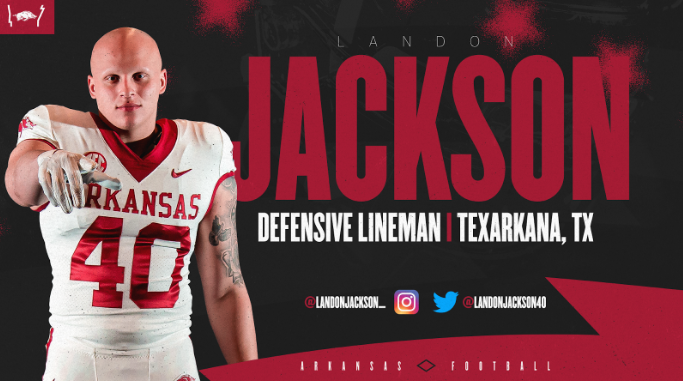Today, players can place micro-bets on specific in-game events. This is also called live in-game betting. Bettors don’t have to wait for the outcome of a game to win or lose. They may bet on whether the next play in a football match will be a run or a pass or whether the next pitch in a baseball game will be a ball or strike.
State lawmakers are increasingly concerned about this high-speed betting format. They believe it can accelerate the path to developing a gambling problem, especially among those that are most vulnerable.
New Jersey lawmakers propose a ban
Assemblyman Dan Hutchison has drafted legislation that would ban micro-betting at any of New Jersey’s online sportsbook. According to Assembly Bill A5971, any sportsbook offering or accepting a micro-bet could be found guilty of a disorderly person’s offense. This could result in a fine of between $500 and $1,000 per bet.
Hutchinson believes this bill could remove an aspect of gambling that is very hard to police. He is a bankruptcy attorney and in the course of his practice, he sees people who choose to place bets over making mortgage payments.
His feeling is that the pursuit of revenue seems to matter more than the health and well-being of New Jersey’s residents. The bill is part of a broader effort to ensure that gambling is conducted responsibly in New Jersey’s thriving sports betting industry.
New Jersey gambling revenue and taxes
US gambling revenue is breaking records every year, driven by strong growth in iGaming and mobile sports betting. The revenue generated by casino operators and their online partners in New Jersey last year from legal sports betting reached nearly $500 million. Most of that came from mobile sports betting.
In early summer this year, Gov. Phil Murphy and fellow Democrats voted to raise the state tax on mobile sports betting from 13% to 19.75%.
The cons of microbetting
Micro-betting helps to keep bettors engaged as they anticipate every play during a game. The immediacy of quick rewards can be very enticing.
However, the speed of micro-betting has its downside. Sports bettors don’t have much time to consider their bets and can end up losing plenty of money. As quickly as they can win money, their losses can accumulate too.
Luis Del Orbe, the executive director of the Council on Compulsive Gambling of New Jersey, says that placing bets on various plays during a sports game triggers instant releases of dopamine. Gamblers chasing these dopamine hits may develop compulsive behavior that turns into addiction.
Who is most at risk?
Those most at risk of addiction problems since the legalization of online gambling and sports betting in the U.S. appear to be young men. A Fairleigh Dickinson University poll found that 10% of registered male voters in the nation between the ages of 18 and 30 qualify as problem gamblers.
Young men are often drawn to sports betting in the same way as they are drawn to video games and technology. Many of them save money on gaming by going to websites that collect the best free and discount offers on digital products. When placing micro-bets on in-game events, the instant feedback they get can be dangerous. The pace keeps them gambling, and they may make one impulsive bet after another without taking time to think them through.
Impact on the industry
New Jersey was the first state outside of Nevada to legalize online sports betting. As sportsbooks keep expanding, the banning of micro-betting could have substantial financial implications for the state. It could also set a precedent for other states. Micro-betting can place athletes in a precarious situation, as it has the potential for manipulation. Some believe banning it could help protect the integrity of the industry.
As the debate of micro-betting continues, Hutchinson emphasizes that the legislation is not about banning sports betting but about setting boundaries to ensure it’s done responsibly.


